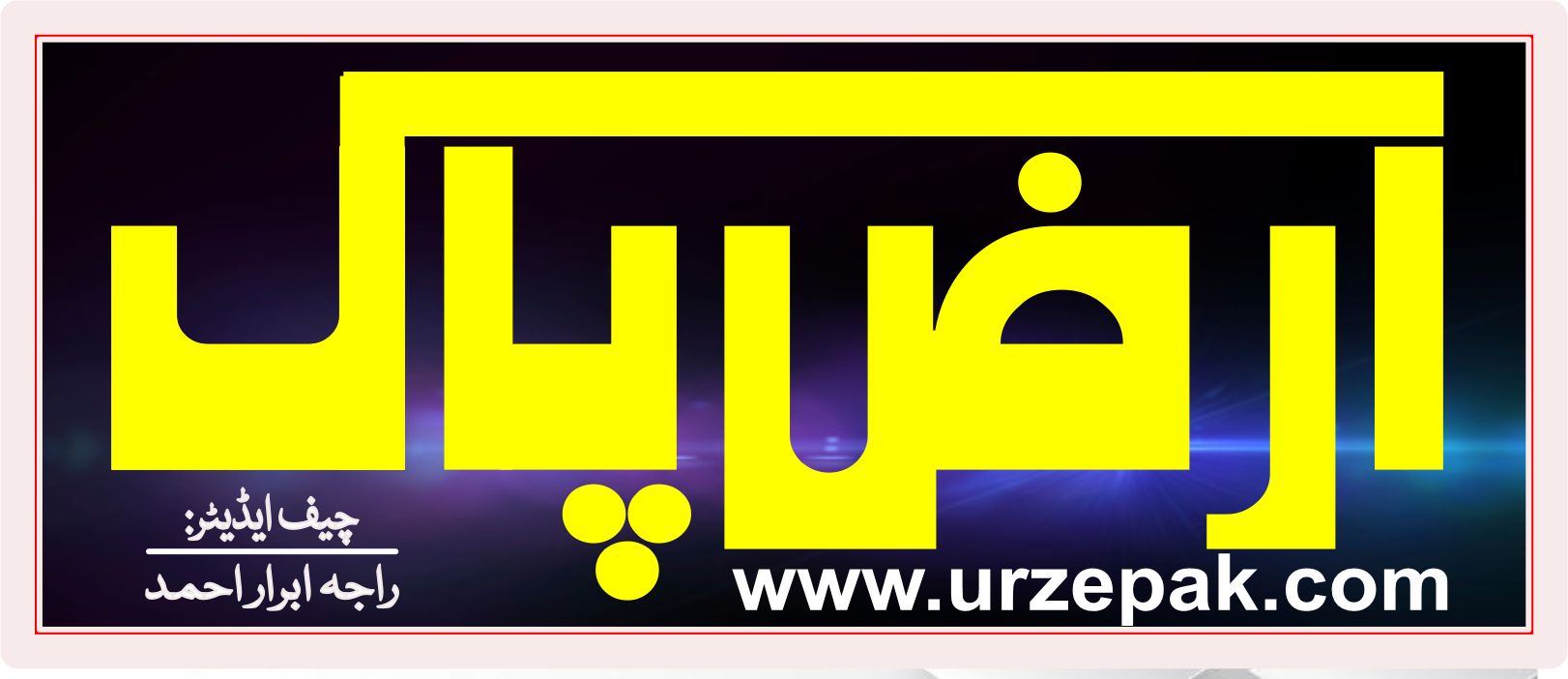
ملک بھر میں ہونے والی تباہ کن بارشوں اور سیلاب میں گھر بار کے ساتھ فصلیں بھی تباہ و برباد ہو گئیں جس نے کسانوں بھی کہیں نہ نہ چھوڑا۔
سیلاب کے بعد مہنگائی کا بہت بڑا طوفان منہ کھولے کھڑا ہے۔ سیلاب میں فصلوں کے نقصان کے باعث اشیائے خوردونوش کی قیمتوں میں نمایاں اضافہ دیکھنے میں آرہا ہے، ماہرین نے خدشہ ظاہر کیا ہے کہ اگر صورتحال برقرار رہی تو گندم کی قیمتوں مزید اضافہ ہوگا۔
اے آر وائی نیوز کے پروگرام باڈر ٹاک میں ماہر موسمیاتی تبدیلی (کلائمنٹ چینج ایکسپرٹ) فاطمہ یامین نے کسانوں کی مشکلات اور خوراک کی قلت پر قابو پانے سے متعلق اہم گفتگو کی۔
انہوں نے بتایا کہ سیلاب کے بعد حکومتی عہدیداران پر بڑی ذمہ داری عائد ہوتی ہے اور ان کا یہ امتحان ہے کہ وہ سیلاب کے بعد آنے والے طوفان پر کیسے قابو پائیں گے؟۔
سیلاب سے کسانوں کی صرف فصلیں ہی تباہ نہیں ہوئیں بلکہ ان کی زمینیں بھی بنجر ہوگئیں، سیلابی پانی جہاں اپنے ساتھ دیگر تباہیاں لاتا ہے وہیں زرخیز زمیں پر ریت کی تہہ بچھا کر اسے بنجر کردیتا ہے،جس کو دوبارہ آباد کرنے کے لیے کسان کو لاکھوں روپے خرچ کرنے پڑتے ہیں۔
انہوں نے کہا کہ جن کی زمنیں اور فصلیں تباہ ہوئی ہیں ان کسانوں کی حکومتی سطح پر ہر طرح سے مدد کرنا ہوگی۔ محض چند ہزار روپے دے کر آپ اس کسان سے یہ امید نہ رکھیں کہ وہ بیج بھی لائے گا زمین بھی صاف کرے گا پانی بھی ہٹائے گا یہ ناممکن ہے۔
آٹے کی قلت سے متعلق ایک سوال کے جواب میں ان کا کہنا تھا کہ ابھی قیمتیں 5 فیصد بڑھی ہیں اگلے ہفتے اس سے کہیں زیادہ ہوں گی، اور حکومت کو گندم بیرون ملک سے امپورٹ کرنا پڑے گی۔ اسی طرح جو چینی ایکسپورٹ کی تھی وہی چینی دوبارہ زائد قیمتوں پر واپس منگوانا پڑے گی۔
سیلاب متاثرین کی بحالی کی مدت کے حوالے سے ایک سوال کے جواب میں فاطمہ یامین نے کہا کہ ہم سال 2022 کے سیلاب کے اثرات پر اب تک قابو نہیں پاسکے تو اب بھی نہیں کرسکتے ہمارے اداروں کی وہ رفتار ہی نہیں کہ وقت پر کام کو پورا کرسکیں۔
ان کا کہنا تھا کہ اگلا آنے والا سیلاب اس سے زیادہ طاقتور ہوگا اور تباہی لائے گا پھر کیا کریں گے؟ ہمارا تو نظام ہی ایسا ہے کہ متاثرین تک امداد، راشن یا نقدی فراہم کرنے میں ہی مہینوں لگ جاتے ہیں۔ کیونکہ ہمارے ایس او پیز 70 سال پرانے ہیں۔
Abrar Ahmed is not just a journalist — he is a chronicler of his time. A Kashmiri journalist, columnist, novelist, and author, he has spent his life wrestling with ideas, questioning power, and giving voice to the voiceless. Armed with a Master’s degree in International Law, he brings intellectual depth and moral clarity to every piece he writes. His education at the University of Azad Kashmir Muzaffarabad and Quaid-i-Azam University shaped his analytical mind, but it is his lived experience that sharpened his pen.
Abrar has been a tireless campaigner for human rights, equality, and justice, speaking out against oppressive systems of governance and entrenched corruption in many Asian countries. He has consistently raised his voice for the deprived and oppressed people of Kashmir, making their struggle for dignity and freedom heard on global platforms.
Today, he resides in Dublin, Ireland, where his perspective has widened, allowing him to view Kashmir’s pain and the world’s conflicts through a sharper, more global lens.
He is the founder of the Institute of Research for Conflict Resolution and Social Development, Ikhtilaf News Media and Publications, and the Daily Sutoon Newspaper — institutions built not just to inform, but to challenge, to provoke, to awaken. His humanitarian vision led to the creation of the Save Humanity Foundation, a reflection of his belief that words must lead to action.
His books are not mere collections of pages — they are manifestos of conscience:
Tehreek-e-Azadi ke Azeem Surkhaik — a tribute to those who gave everything for freedom.
Corruption ke Keerhay — a fearless dissection of the rot eating away at society.
Masla-e-Kashmir ka Hal: Aalmi Aman ka Rasta — a bold attempt to chart a path to peace.
Pakistan and Azad Kashmir Political System and New System Needed — a demand for reform, justice, and a future worthy of its people.
Through his textbooks Modern Community Development Ideas and Basic Journalism, Abrar has shaped generations, giving young minds the tools to see the world critically and act with purpose.
Born on March 19, 1982, Abrar Ahmed stands as a voice of resistance and renewal. His work is not just journalism — it is an ongoing struggle for truth, for peace, and for a just society. To read him is to confront the questions we are too often afraid to ask, and to believe, even in dark times, that words can still change the world.
